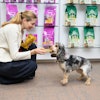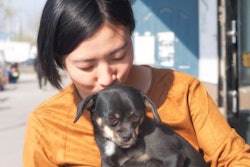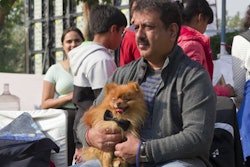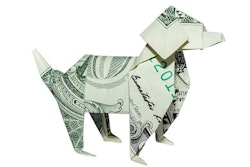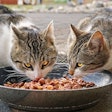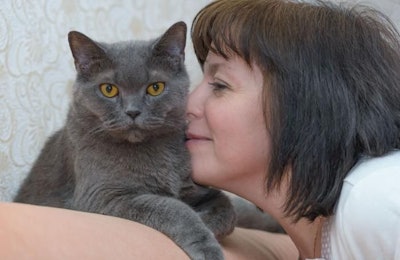
Cat food manufacturers and retailers around the globe are taking note of Japan’s rising market for luxury cat food. People in Japan now own more cats than dogs, meaning more room for growth in premium cat food sales and innovative gourmet options. The country’s pet food market is the largest in the Asia Pacific region and one of the largest worldwide to see cat food sales exceed dog food, according to a report from Allied Market Research. The report also predicts Japan’s market share to reach 46.6% by the end of 2022.
It comes as no surprise that many Japanese pet owners choose cats over dogs due to increasing urbanization and apartment living. What is perhaps more unexpected is the demand for premium cat treats surpassing demand for dog treats since 2017, even though most cat owners do not use treats for training purposes. As more manufacturers enter the lucrative cat food market in Japan, more varieties of luxury treats and toppers are hitting shelves. This gourmet trend is likely to be the driving force for cat food product development through 2022, according to Euromonitor.
More human-grade seafood in Japanese cat food
Japan is also unique in that its geographical position makes gourmet cat food ingredients easily accessible. For this reason, more pet owners are hyper-aware of the origin of cat food ingredients sourced in the region, and are willing to pay extra for higher-grade, locally sourced products. Since fresh seafood constitutes a major part of Japanese cuisine, pet treat companies are easily marketing human-grade products and some owners are even willing to taste their cat’s food. Neco Republic, a Japanese chain of cat rescue missions and cafés, offers cat treats made for both human and cat consumption, capitalizing on pet humanization and the bond between cats and their owners.
Neco Republic and other popular Japanese cat treat brands boast ingredients such as mackerel, herring, sardines, sashimi-grade tuna and bonito, a fish similar to tuna. The innovation goes beyond seafood as well, with some brands marketing other traditional Japanese ingredients such as green tea, matatabi and valerian. Matatabi is an alternative to catnip that doubles as a functional ingredient in a cat’s dental health, and valerian is used for its anti-anxiety effect.
